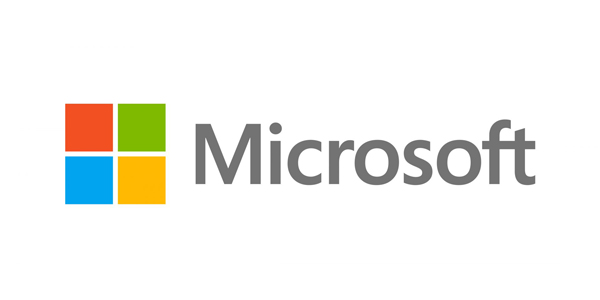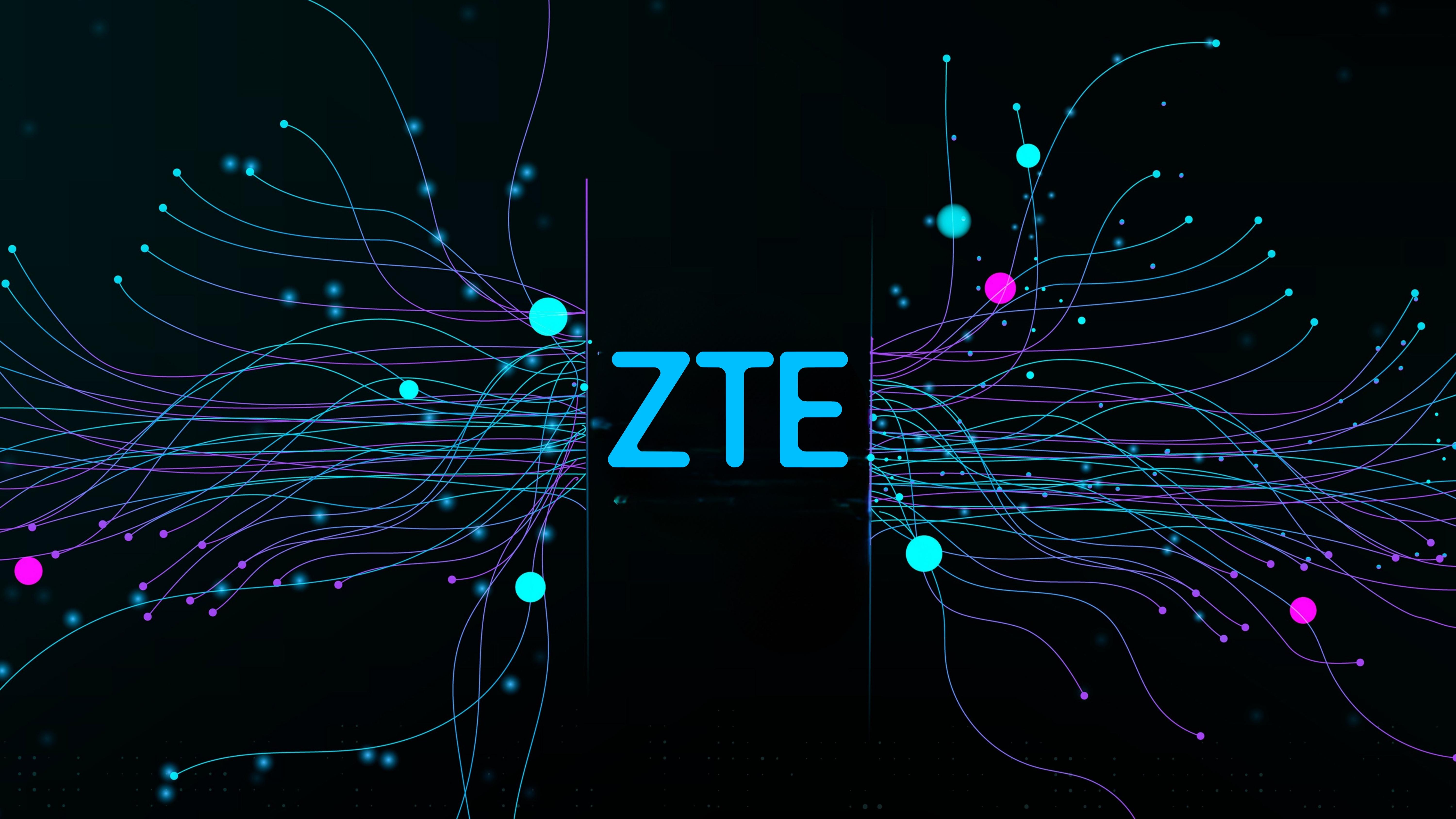Cloudflare experienced a significant network outage on Tuesday, which disrupted access to major cryptocurrency platforms, including Coinbase, Kraken, Etherscan, and several DeFi services, resulting in widespread ‘500 Internal Server Error’ messages.
The company acknowledged the issue as an internal service degradation across parts of its global network and began rolling out a fix. However, users continued to face elevated error rates during the process.
Major Bitcoin and Ethereum platforms, as well as Aave, DeFiLlama, and several blockchain explorers, were impacted. The disruption spread beyond crypto, affecting several major Web2 platforms, while services like BlueSky and Reddit stayed fully operational.
The incident marks the third significant Cloudflare disruption affecting crypto platforms since 2019, highlighting the industry’s ongoing reliance on centralised infrastructure providers despite its focus on decentralisation.
Industry experts pointed to recent outages from Cloudflare and Amazon Web Services as evidence that critical digital services cannot rely solely on a single vendor for reliability. Kraken restored access ahead of many peers, while Cloudflare stated that the issue was resolved and would continue to monitor for full stability.
Would you like to learn more about AI, tech and digital diplomacy? If so, ask our Diplo chatbot!










